SUMMARY
This is AI generated summarization, which may have errors. For context, always refer to the full article.
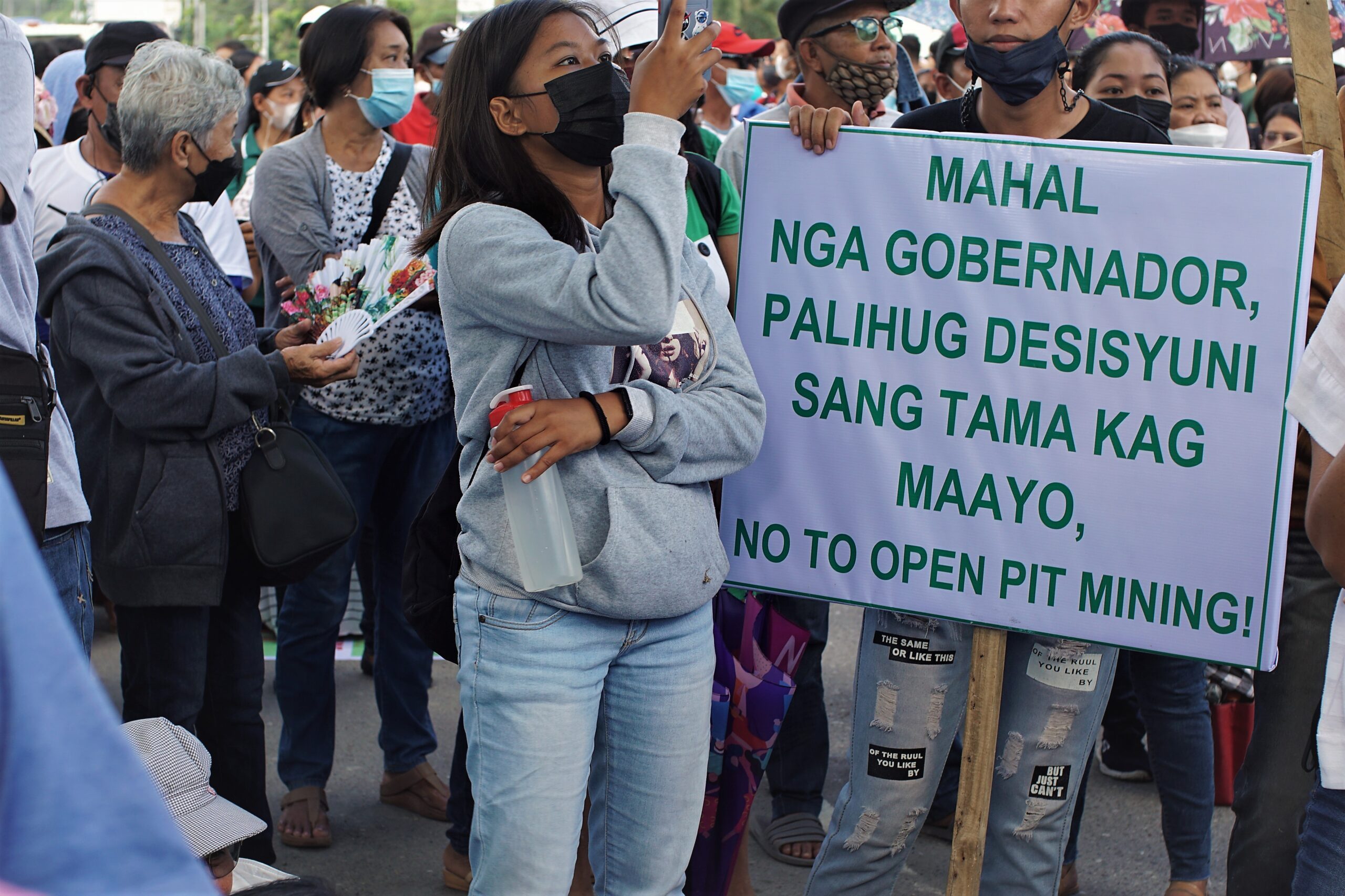
GENERAL SANTOS, Philippines – A Catholic church leader chided South Cotabato officials for what they called apathy toward efforts to protect communities from coal mining operations by subsidiaries of San Miguel Corporation in the hinterlands of Lake Sebu town.
“This is not only an issue about South Cotabato because it affects the entire Mindanao island. The mining operation there will not end in only one or two years. It will last long until they have extracted all the coal in that place,” warned Father Angel Buenavides, Vicar General of the Diocese of Marbel.
Church leaders and environmental activists urged government officials to take a firm stand against coal miners in Barangay Ned, Lake Sebu, and strictly enforce a provincial ordinance that bans open-pit mining in the province.
The town, known for its tourism potential, is a sanctuary of the Philippine eagle. It is also a watershed area and home to 50 species of amphibians and reptiles, 30% of which are found only in the Philippines.
South Cotabato provincial board member Allan Ines, chairperson of the environment committee of South Cotabato’s legislature, said people with complaints should put them in writing, and submit their complaints to the provincial board.
Ines said it was part of the oversight function of the provincial board to check if there were violations of environmental rules.
Buenavides did not find Ines’ pronouncements reassuring, saying local officials need to answer why the mining operations have continued unabated within a watershed area despite the province-wide open-pit mining ban that took effect more than a decade ago.
Sinkholes, erosion
The initial coal-mining operations in Barangay Ned cover nine hectares across sitios El Dolog, El Gapok, Pulo Subong, Tawan Dagat, and Sigawit where government geologists and workers found at least 300 sinkholes and identified landslide areas in 2019.
Rolly Aquino, chief of South Cotabato’s Provincial Disaster Risk Reduction and Management Office (PDRRMO), reported that the sinkholes and erosion areas were in sitios El Dolog, Tuburan, Polosubong, Kiantay, and Tawan Dagat.
An initial assessment report by experts from the Mines and Geosciences Bureau (MGB) in Soccsksargen showed that the land surface movements in the area were due to its coal deposits.
Such geological conditions prompted officials to revise and update Ned’s development, said the Department of Human Settlements and Urban Development (DHSUD).
South Cotabato Governor Reynaldo Tamayo Jr. had asked the department for technical assistance in efforts to update the local development plan “due to the hazards present in the barangay (Ned), specifically their high susceptibility to subsidence which comprises about 60% of the land area of the barangay, and the upcoming coal mining operation in the barangay.”
Subsidence is the sinking of the ground because of underground material movement. It is most often caused by the removal of water, oil, natural gas, or mineral resources from the ground by pumping, fracking, or mining activities.
The DHSUD said Lake Sebu Mayor Floro Gandam had met with representatives of the Department of Energy (DOE) and San Miguel Corporation’s subsidiaries Daguma Agro Minerals Incorporated (DAMI) and Sultan Energy Philippine Corporation (SEPC) about the matter.
The firms were behind the coal mining activities in the area.
Side-stripping
In recent months, San Miguel subsidiaries brought earth-moving equipment and other machinery to Ned for their operations which caused the relocation of a school and displaced many villagers.
SEPC had partly funded a training program on heavy equipment operation for 30 villagers, all members of an indigenous peoples’ group, in collaboration with the Technical Education and Skills Development Authority (Tesda). Their trainer, Aguila Ponce, said those who completed the course were assured of employment.
With its subsidiaries, San Miguel aims to extract 70 million metric tons in areas covering about 17,000 hectares in the provinces of South Cotabato and Sultan Kudarat.
San Miguel’s chief executive officer Ramon Ang had told the South Cotabato provincial board that the side-stripping method would be used in the mining operations that require excavations of only 15 meters deep.
“Side-stripping is surface mining. That’s open-pit mining,” said lawyer Noel Ben, the director of the Marist Hope Center for Justice and Good Governance that has joined South Cotabato groups opposed to the mining operations.
The governor vowed the provincial government’s “tight monitoring” of the mining activities in Ned.
Tamayo also said reports have reached the capitol about how topsoil that was scraped in Ned flowed into a river, and that a school and many families were displaced as a result of the operations.
Tamayo, who expressed disappointment, said all local officials could do was to make sure that the mining operations were being done legally and safely because the coal mining activities were approved by the national government. – Rappler.com
Add a comment
How does this make you feel?
![[The Wide Shot] Peace be with China](https://www.rappler.com/tachyon/2024/07/wideshot-wps-catholic-church.jpg?resize=257%2C257&crop=311px%2C0px%2C720px%2C720px)
![[OPINION] A critique of the CBCP pastoral statement on divorce](https://www.rappler.com/tachyon/2024/07/TL-cbcp-divorce-statement-july-19-2024.jpg?resize=257%2C257&crop=285px%2C0px%2C722px%2C720px)


![[The Wide Shot] Was CBCP ‘weak’ in its statement on the divorce bill?](https://www.rappler.com/tachyon/2024/07/cbcp-divorce-weak-statement.jpg?resize=257%2C257&crop=258px%2C0px%2C719px%2C720px)









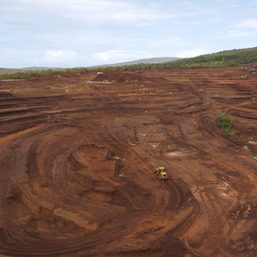

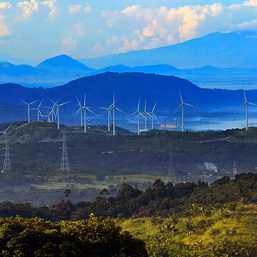
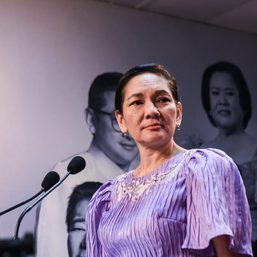







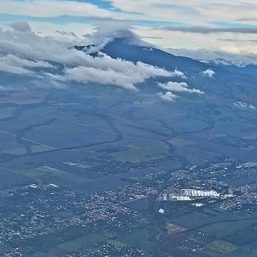
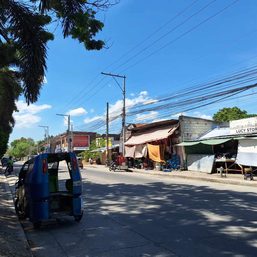

There are no comments yet. Add your comment to start the conversation.